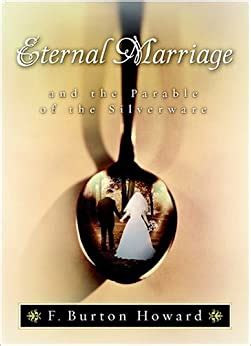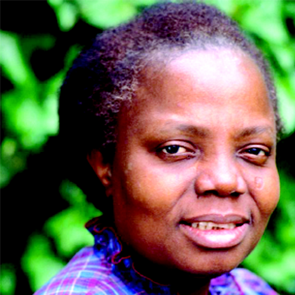A Quote by Robertson Davies
I came at last to a recognition of myself as, in part, a Tom Sawyer who wanted everything done according to the rules of romantic fiction, and complicated simple solutions with his absurd adolescent, book-born nonsense.
Related Quotes
I spent most of my teen years trying to figure out the rules of life, theories for why things happened, why people behaved as they did, and mostly I came to the conclusion that either there were no rules, or the rules sucked. Reading science fiction wasn't about imagining myself into some more exciting life filled with adventure, it was about finding a world where things worked the way I wanted them to.
You don't know about me without you have read a book by the name of The Adventures of Tom Sawyer; but that ain't no matter. That book was made by Mr. Mark Twain, and he told the truth, mainly. There was things which he stretched, but mainly he told the truth. That is nothing. I never seen anybody but lied one time or another, without it was Aunt Polly, or the widow, or maybe Mary. Aunt Polly—Tom's Aunt Polly, she is—and Mary, and the Widow Douglas is all told about in that book, which is mostly a true book, with some stretchers, as I said before.
All the stories of the Bible that I know came to me first from my grandfather's lips... He would see stories in everything. He told stories very easily and very generously, so I loved him for that. He was a simple man, a Victorian; he was born in 1890-something. He saw no reason and had never seen any reason to question his Christian faith. His faith was strong and simple and that's it. And I, like his other grandchildren and the children in his parish, sheltered underneath it.
All I could think of was that the teachers must've found the illegal stash of candy I'd been selling out of my dorms room. Or maybe they'd realized I got my Essay on Tom Sawyer from the Internet without ever reading the book and now they were going to take away my grade. Or worse, they were going to make me read the book.





































